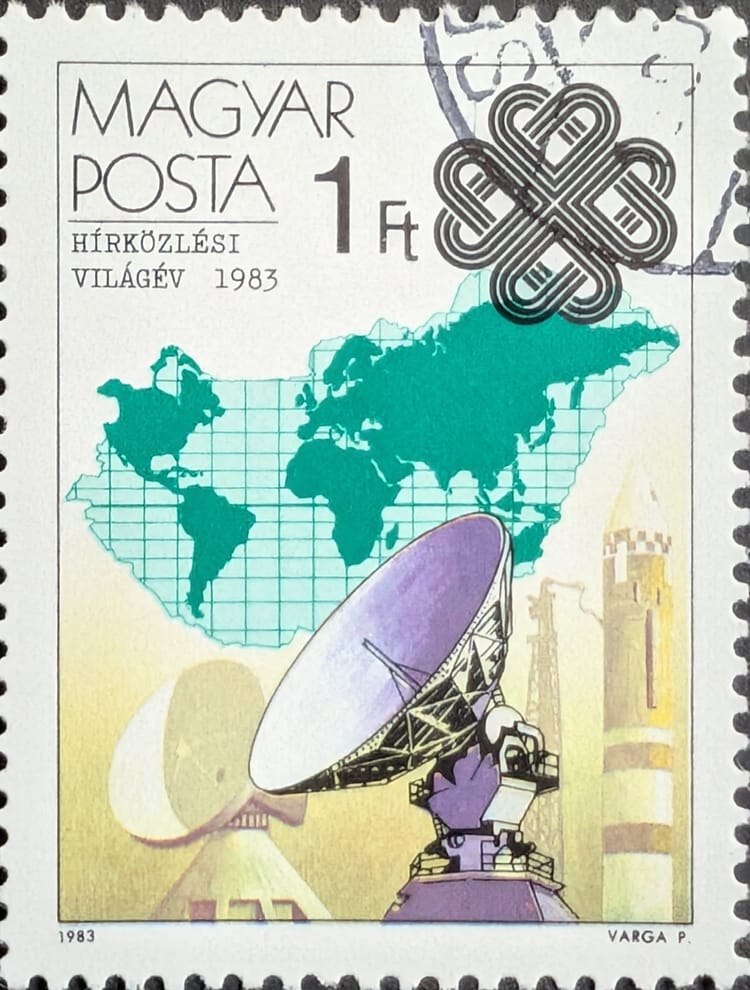Rocket Lab’s Photon: When Launch Isn’t Enough

Before moving on to the principal analysis, I should point out that another article popped up on the New York Post’s site this last weekend, propagating the (wildly incorrect) notion of China (Russia, too) being ahead of the U.S. in space tech/activities. This type of narrative--full of faulty assumptions and facts-- is why I wrote “Foolish and Dangerous Thinking”last week. And I am not the only one questioning that narrative.
A day before the Post’s article, an article from India’s ThePrint site tried dispelling that fiction, too. The author uses Mark Esper’s words to show that maybe China is not more potent than the U.S. and possibly inwardly weaker than it appears. Of course, India does have a dog in this fight, as its relationship with China is not friendly. But it is interesting to see an outsider’s perspective of the type of narrative currently pushed to U.S. readers by The U.S. Sun and New York Post.
That narrative would result in cutting off any sort of commercial development in the U.S. space industry. The push for security would require useful new technologies and services to be classified and unavailable to the public. Any decision for business in space would likely require more government scrutiny than today--because of security. And government money for launch services and established satellite services would continue to distort the market.
We know that will happen because the security establishment drove a lot of U.S. space activity in the past. Our commercial space industry is trying to dig itself out of that.
Photon Rising
Another outsider’s perspective, this one from New Zealander Peter Beck, CEO of Rocket Lab, was about his U.S.-headquartered small satellite launch company’s business during an interview:
“At the end of the day, we are..think of us as a glorified freight company in a highly regulated environment.”--Peter Beck, Rocket Lab CEO/Founder
Beck’s quote is a refreshingly honest assessment of his company’s mission. Not for his company are the goals of getting to Mars or expanding humankind throughout the cosmos. Rocket Lab is a business...which is absolutely just fine. Now, Rocket Lab is testing out something that would make it more than “a glorified freight company.” It's stepping into satellite manufacturing.
Nearly two weeks ago, Rocket Lab launched an Electron small satellite rocket--the first one since the company’s Electron failure earlier in the year. A customer payload deployed successfully from the rocket, but, more interestingly, Rocket Lab continued to operate the Electron’s upper stage--the Photon. The company had installed a camera on the Photon, creating a low Earth orbit (LEO) Earth observation (EO) satellite for all intents and purposes.
There are a couple of elements of ingenuity at work here.
First, Rocket Lab is doing a very SpaceX thing--letting customers pay for a service, in this case, launching a small satellite. But then Rocket Lab uses the opportunity presented by the launch to test and demonstrate a concept after successfully deploying the customer’s satellite. This effort leads to the second part: Rocket Lab is using the Photon to insert satellites in the proper orbit anyway. Why not offer it as a satellite alternative to customers--instead of letting it decay through the Earth’s atmosphere?
These logical steps are intended to increase Rocket Lab’s share of the smallsat launch market and make more profit. From a SpaceNews.com article, Beck notes:
“We’ve got a great launch business,” he said, “but in 2020 and onwards, you can’t just be a launch company.”
Delivering More than Promised
As it did when it added more mass capability to the Electron, the company is once again moving the goalposts in the small satellite launch provider business--this time with Photon. I noted at the end of “Troubled Landings, Mixed Roles” that:
In the end, it's not clear that SpaceX or Blue Origin, the launch companies, will profit from launching their satellites. What is clear is the satellite businesses of both will profit from low costs to launch and deploy large broadband constellations. SpaceX intends to have Starlink profits aid in its Mars goal. It's unclear how Blue Origin will profit from Project Kuiper. But the trend of one business buttressing another within a company may prove smart.
Whether the legacy launch providers such as Northrop Grumman, ULA, and Arianespace can survive remains to be seen. It's unclear if launch alone will sustain them.
Unlike my conjecture, Beck seems to think it’s pretty clear that providing launch services alone will not make his company successful, so he’s adding Photon. In this case, he’s not launching Rocket Lab satellites to perform a mission, like SpaceX’s Starlink. Instead, he’s stepping into a market that, while gaining traction, appears to be doing so slowly.
Perhaps offering essentially a “plug and play” type of satellite bus makes it more appealing to potential space operators. It should increase simplicity while contributing to reliability--likely positive factors for a broader customer base. If one or two more satellites are launched per year using the Photon bus, that may be desirable, but what is the baseline Rocket Lab believes it needs to be sustainable?
Unclear also is how quickly Rocket Lab manufactures the Photon. In his interview, Beck noted his company could crank out an Electron every 24 days. Whether that period includes Photon manufacturing wasn’t elaborated upon. Based on the company’s website, perhaps it can cut down the time it takes to integrate a customer’s payload with Photon.
This means that two “new space” launch service providers (SpaceX and Rocket Lab) have decided that launch alone won’t be enough to survive as businesses. It will be interesting to see which of the legacy companies start going down that road unless they are dependent on government business. In that case, there is no incentive for legacy companies to provide other services in the short term.




Comments ()